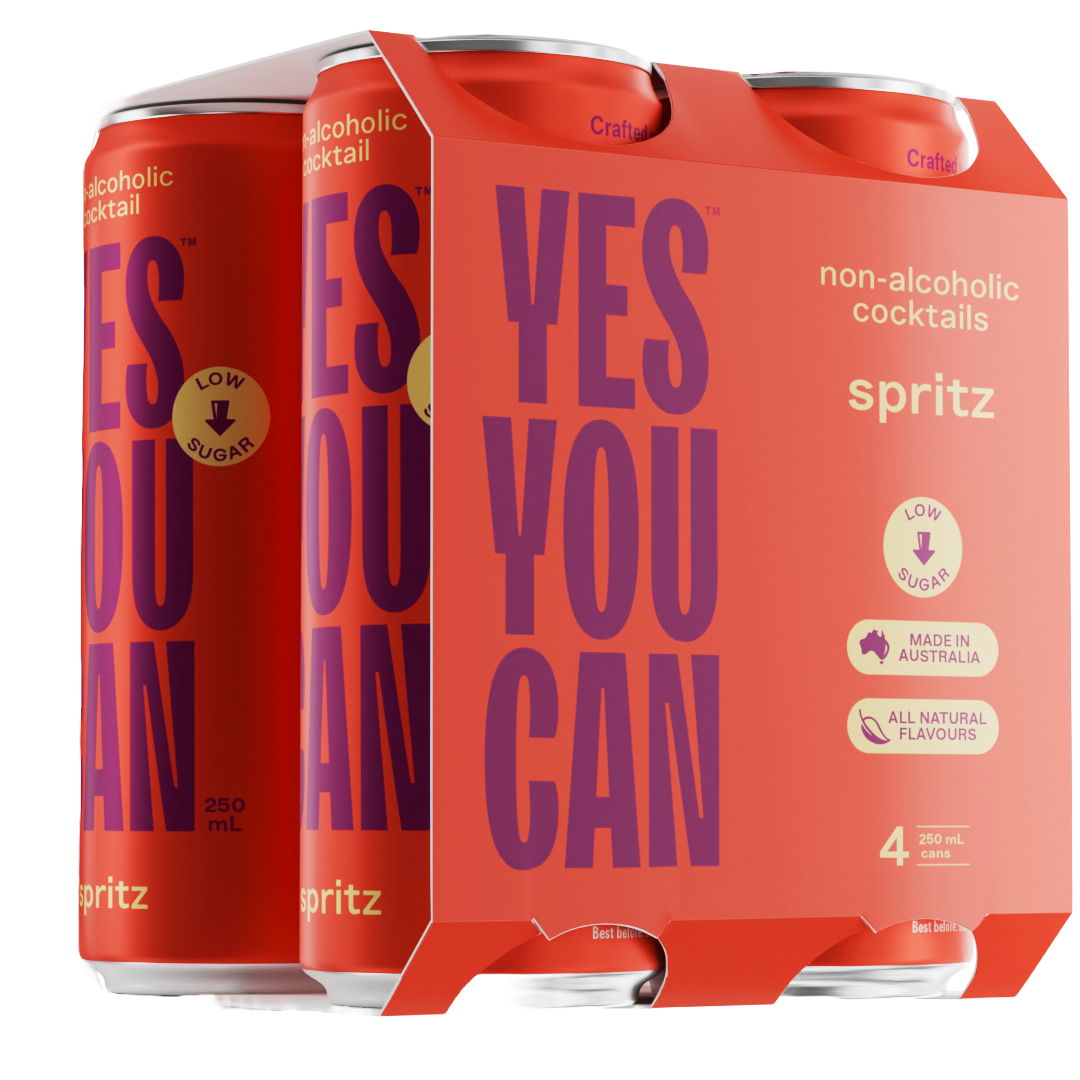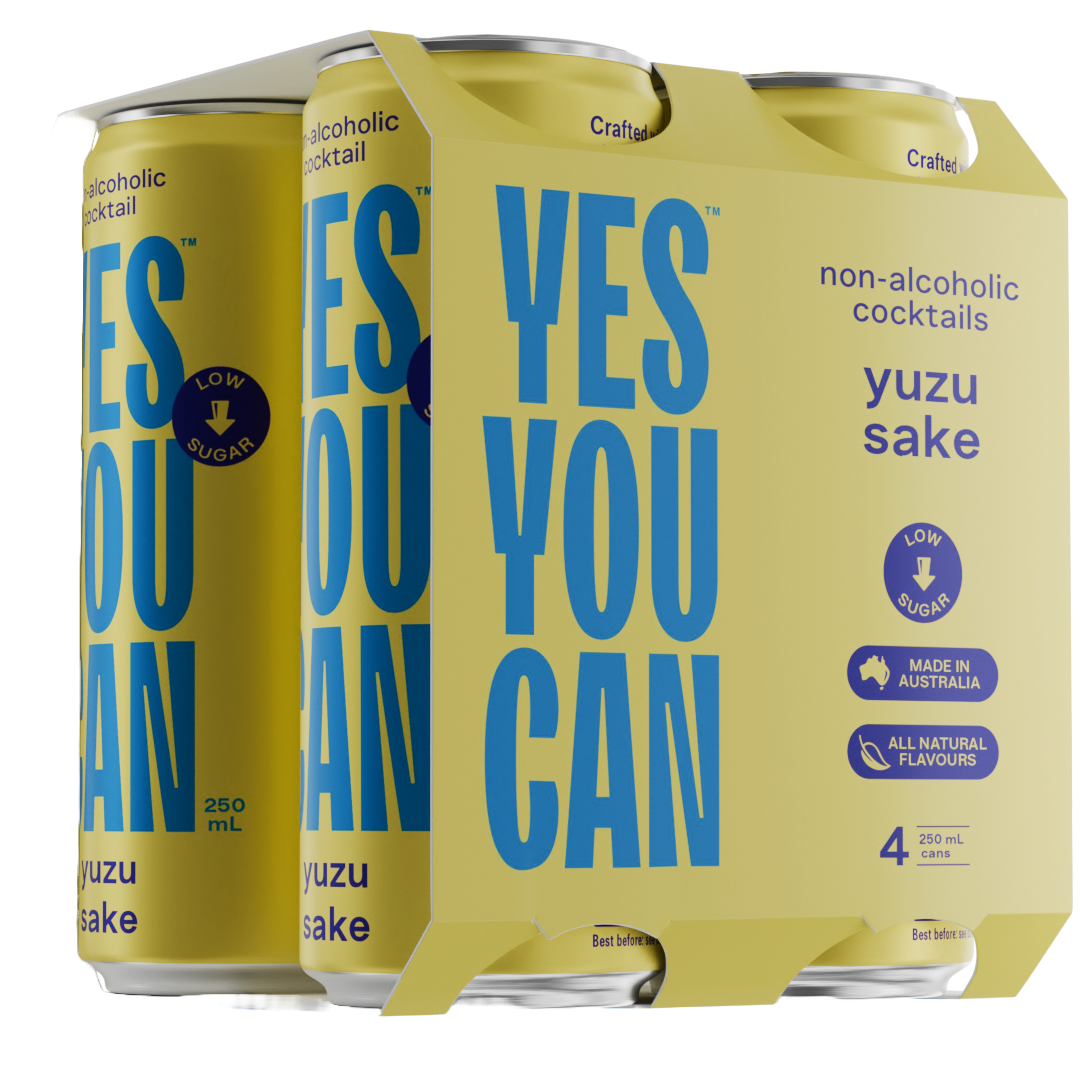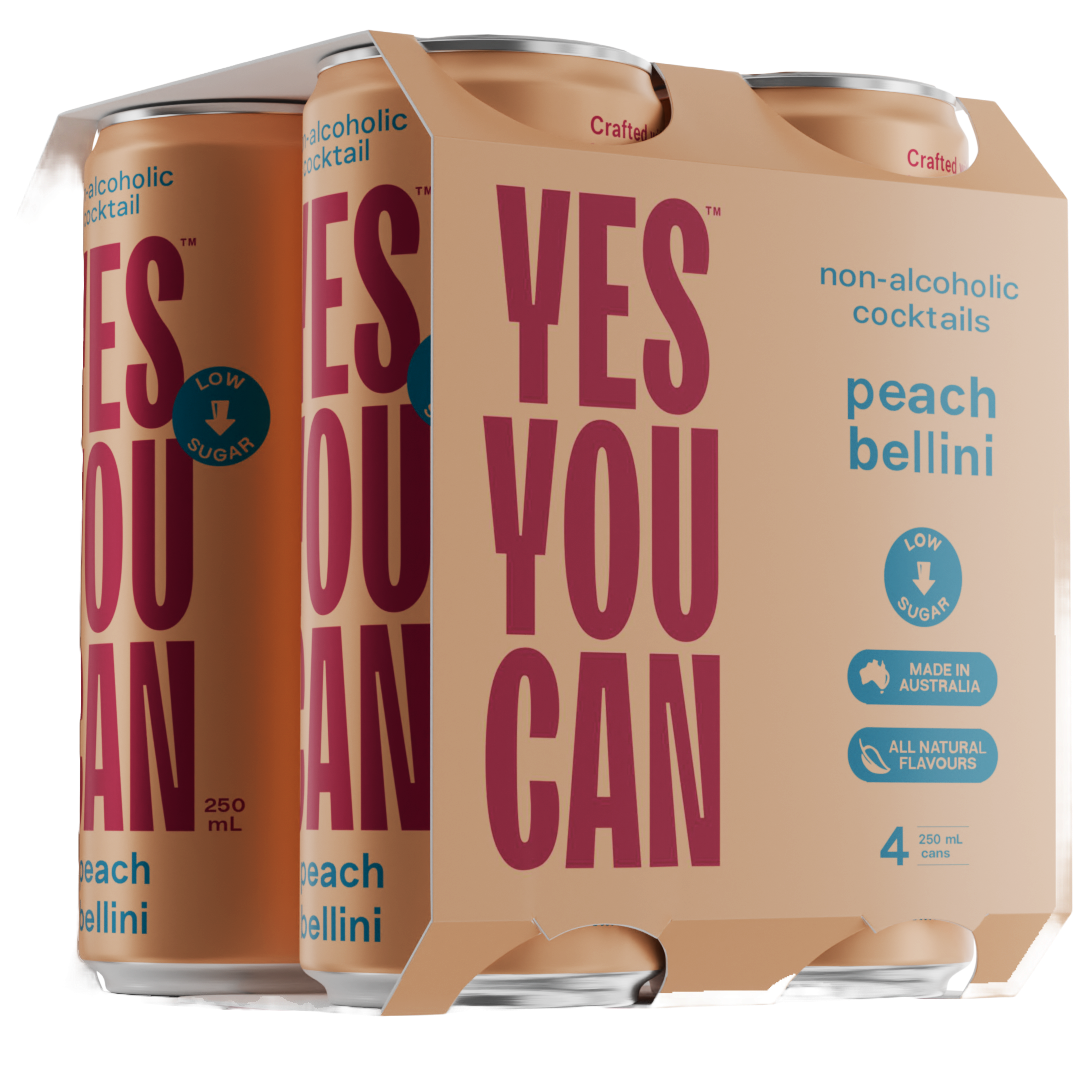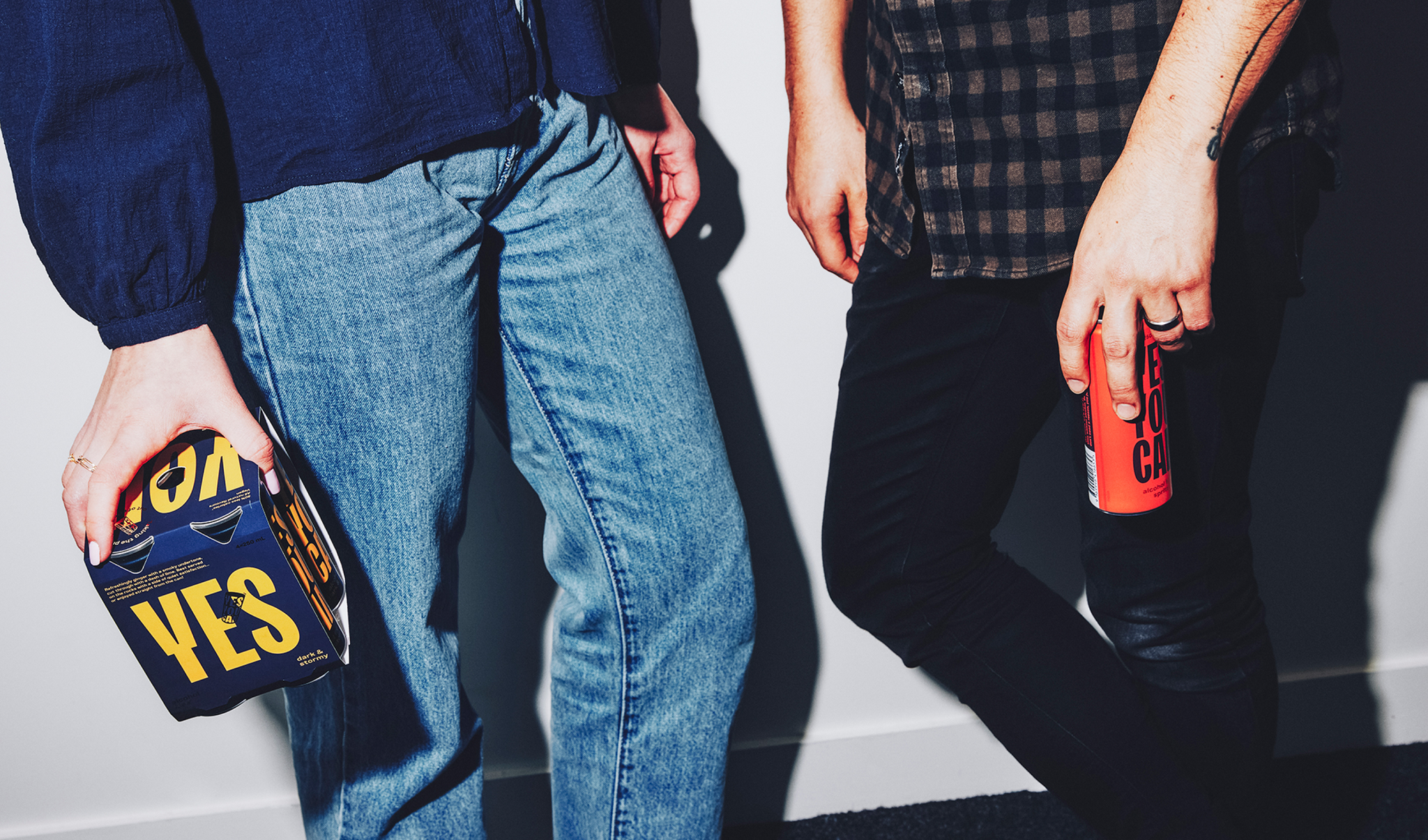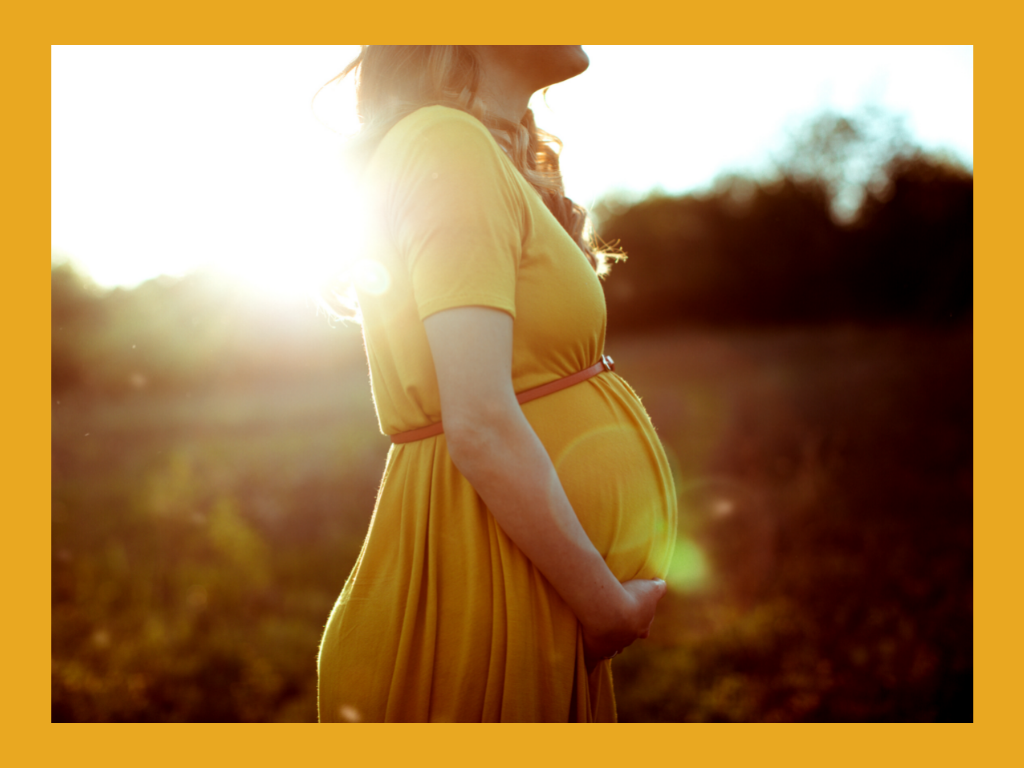So we all know that pregnant women should avoid drinking alcohol. Many women even cut out drinking before they are pregnant if they’re trying to conceive. But what actually happens when you drink alcohol during pregnancy? And what are the possible effects on your unborn baby? Here are the main reasons why drinking alcohol while pregnant is a no-go.
Higher Risk of Pregnancy Complications
When you drink while you’re pregnant, alcohol can pass from your bloodstream through the placenta and to your baby. A baby’s liver is one of the last organs that develops and it does not mature until late in the pregnancy. Babies cannot process alcohol at any stage, but drinking early on in the pregnancy (first 3 months) can significantly increase the risk of serious pregnancy complications like premature birth, slow foetal growth and even miscarriage. During this first trimester of pregnancy, it is especially important to avoid alcohol.
Foetal Alcohol Spectrum Disorders (FASD)
Even if there are no complications during pregnancy, consuming alcohol while pregnant seriously increases the risk of a baby developing a foetal alcohol spectrum disorder (FASD). There are multiple FASDs that can affect one or multiple areas of a baby’s development and growth, including learning difficulties, vision and hearing issues and behavioural problems. The most serious FASD is called foetal alcohol syndrome (FAS), which is often diagnosed when a baby has facial deformities and any combination of the other above symptoms. According to the current leading health advice, there is no amount of alcohol that is deemed safe to consume during pregnancy, since research in this field has not been able to determine any level of alcohol consumption that could be considered 100% risk-free.
It’s Not All Bad News…
Feeling frustrated by the thought of cutting out the classics during pregnancy? The good news is, you don’t have to give up your favourite alcoholic drink just because you’re giving up alcohol. Non-alcoholic drinks (like Yes You Can) are classified as such because they contain only trace elements of alcohol (under 0.5% ABV, which is about the same as a ripe banana). While it is always recommended you consult your GP or relevant doctor if you have any special health circumstances, replacing your regular drink of choice with a non-alcoholic option is a great way to satisfy those cravings, feel included in social situations, maintain health and wellbeing, and decrease stress levels during your pregnancy. With alcohol being best avoided during pregnancy and breastfeeding, Yes You Can still indulge in your Friday night faves without worrying about the risks associated.
*Disclaimer*: If you are pregnant or breastfeeding, always consult your physician or other health care professional before consuming.
